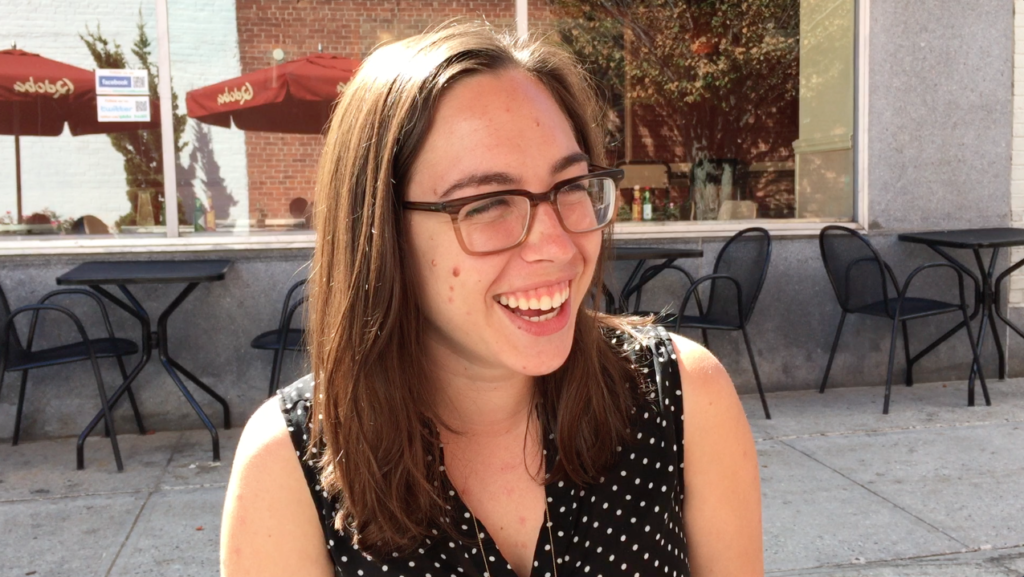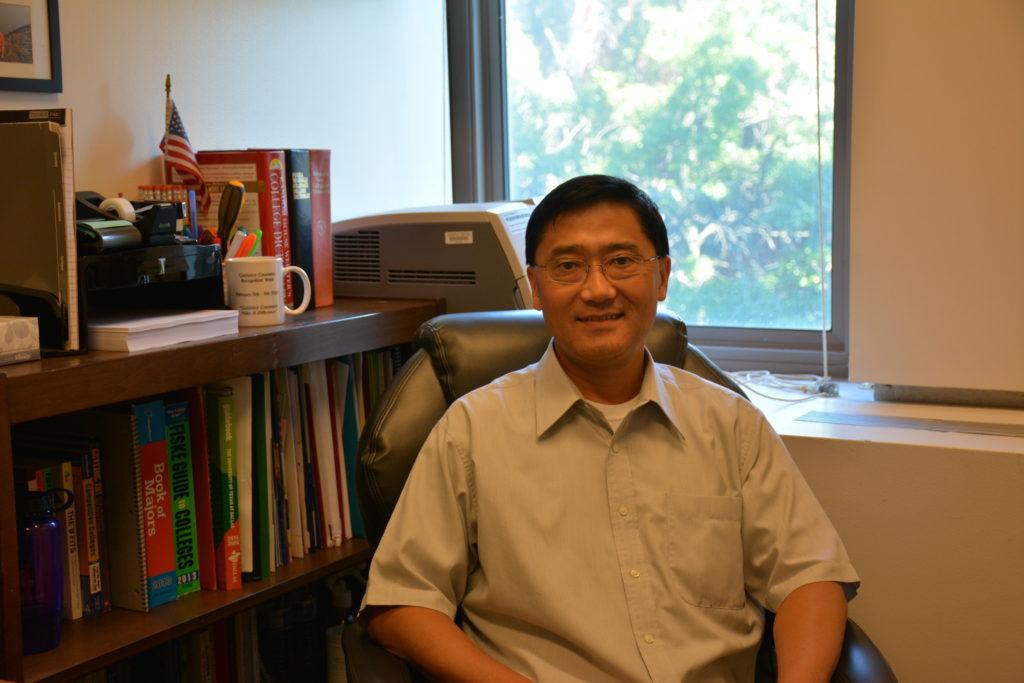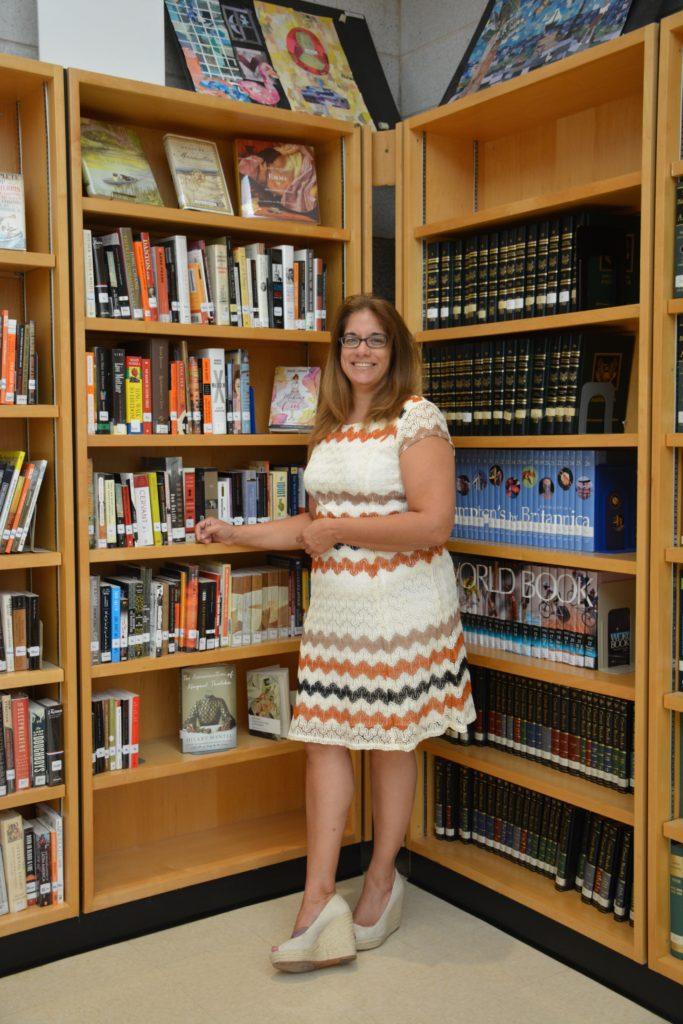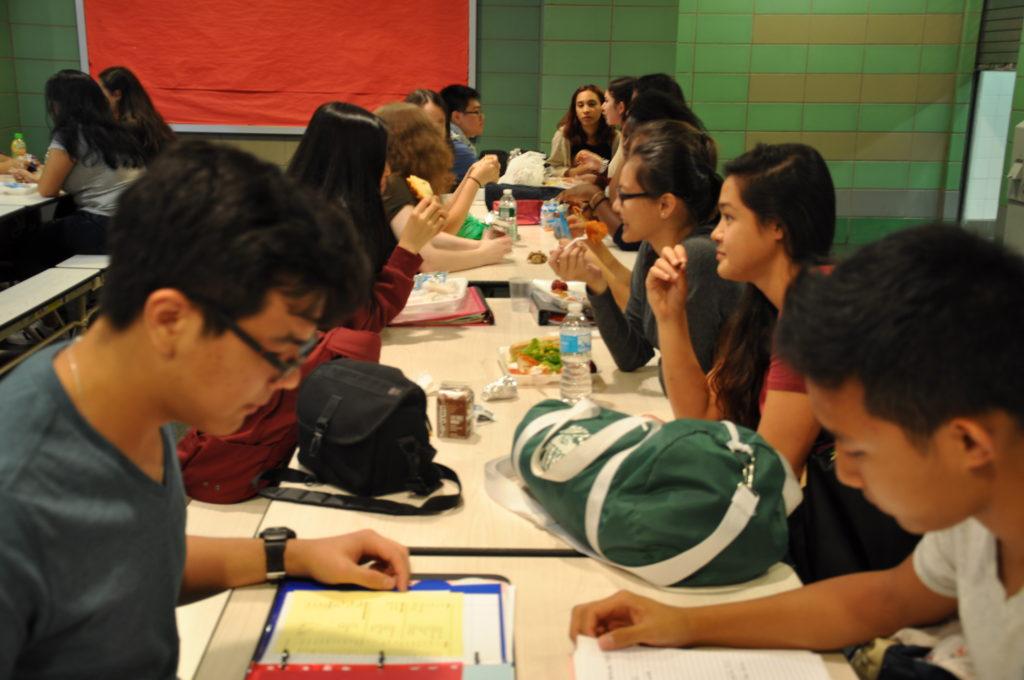
A SURGE of support for gender equality is on its way through Townsend Harris. In response to a recent op-ed piece published in The Classic and the ensuing arguments on its content, the feminists of THHS have decided to get organized.
In late May, students created a Facebook page called “Feminism at Townsend” in order to spread their views and act on their beliefs. On the page, which sophomore Angelina Liu created, users can post thoughts, pictures, videos, and articles in defense of the movement.
Angelina says the purpose of the page is “to raise awareness about sexual discrimination and to challenge any institutions or systems that foster gender prejudice/bias.”
The page debuted in the wake of controversy surrounding an op-ed in The Classic called “THHS boys are so not fetch,” written by junior Ross Cimagala. Ross’s piece argued that the girls of Townsend Harris unfairly label the boys in the school as “undateable,” and complains about girls who ignore the romantic gestures of “nice guys.”
The article sparked a number of reactions, with numerous Facebook arguments sprouting between students from all grades. At least one Facebook thread reached as many as 600 comments.
Sophomore Jensine Sultana shared what was a common critique: “[the] article screamed male entitlement…[a woman] is never obligated to date or pursue a romantic relationship with [a man] because it is her own life and her own body.”
While many students criticized Ross’ arguments, others jumped to his defense. Junior Dimitri Perdik said, “There really is no debate. Many students evidently don’t know how to read. It is obvious that they have taken his article out of context.”
Junior Woo Jung Yi had a completely different reaction. She didn’t find Ross’s article offensive; she found it offensive that female students were “labelings all girls as feminists.”
Ross described the response as “unexpected,” particularly accusations that his argument promoted “rape culture.” Emilie Buchwald, who wrote a book on the topic, defines rape culture as “beliefs that encourage male sexual aggression and support violence against women.”
Most responses to Ross’s article acknowledged that his piece lacked mentions of violence. One characteristic post argued, however, “rape culture and violence against women doesn’t come from a void” and indicated that Ross’s arguments suggesting the entightlement of men promote rape culture all the same.
In response, Ross commented, “There are people who I feel misread my article because they have a topic they want to discuss [rape culture], which I’m glad they’re discussing, but that’s not what my article was trying to promote.”
Soon debates over Ross’s article evolved into debates over gender relations at the school in general, and the dress code quickly became the focus as a source of sexism that, its detractors maintain, unfairly targets females.
Dean Robin Figelman commented on the dress code debate: “I think the whole thing started with Catherine Moskos last year, she wrote a Classic [piece] about how we stifle ladies from dressing the way they want to dress. I just don’t agree with it. I just think that you should dress like a professional.”
The feminists of THHS protested the code via the Facebook page and posters. They distributed posters June 2 for students to place on their lockers. The posters read in part, “Doesn’t it make more sense to teach boys to keep their eyes to themselves rather than to tell the girls to hide their bodies.”
Ms. Figelman removed the posters. She commented: “I took posters down. I just think that it’s enough already. The dress code is the dress code.” She added, “stop fighting it and just accept it.”
The student body has had varying responses to the controversy. While some students support the movement, others choose to remain quiet about their opinions.
Senior Nicholas Castro said, “I didn’t really find the posts advocating feminism annoying, but I think that some people became too militant and attacked specific people. Many of the things said by both men and women angered me.”
“Honestly, I don’t know if [the movement] will last,” said junior Eli Betts. “Things tend to die down fast in Townsend. People get too consumed in their own lives.”
On future plans, Angelina said, “Right now, we’re focusing on promoting awareness and sharing resources on the [Facebook page].”































